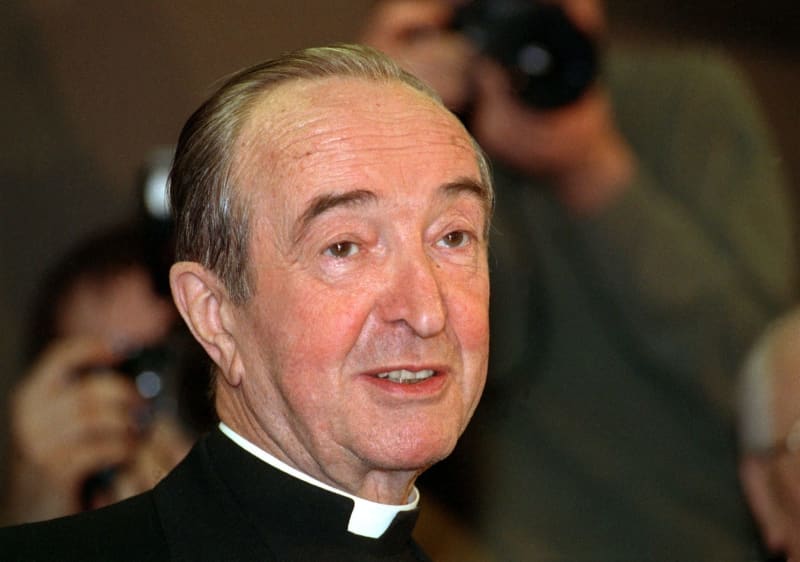Since the emergence of allegations against the former Catholic bishop of Essen, Cardinal Franz Hengsbach, who passed away in 1991, new claims of sexualized violence have surfaced, bringing the total to seven additional accusations. The recent disclosures were made public by Klaus Pfeffer, the vicar general of Essen, highlighting the seriousness and ongoing nature of the investigation. The Catholic diocese of Essen has committed to funding an independent research study tasked with examining these allegations. This initiative reflects a broader commitment to address the issues of sexual abuse within the Church, an attempt to reconcile public perceptions with historical truths regarding Hengsbach’s legacy.
Cardinal Hengsbach was a prominent figure in the German Catholic Church and enjoyed considerable respect and recognition, extending even into secular society. His death led to his being memorialized as a “hero” of the Ruhr region, a title that exacerbates the current need for an impartial inquiry into his life and actions. Klaus Pfeffer emphasized the importance of conducting this investigation, asserting that there has been a significantly skewed perception of Hengsbach’s ministry and influence. This investigation seeks to evaluate not only his personal conduct but also the broader implications of systemic abuse of power that pervades the Catholic Church.
In light of these allegations, there is a concerted effort within the diocese of Essen to confront its historical shortcomings regarding handling abuse allegations. Vicar general Klaus Pfeffer acknowledged that the Church has not achieved a satisfactory record in addressing past abuses and expressed a desire to confront this uncomfortable truth head-on. This honesty speaks to a larger challenge for the Church, as it grapples with the ramifications of its past failures and aims to restore trust with the public and its congregants.
Researchers conducting the study are actively inviting potential victims to come forward, thereby fostering an environment that encourages openness and dialogue around the trauma inflicted by sexual abuse. They are also interested in hearing from individuals who may have had positive interactions with Hengsbach, which reflects a nuanced approach to understanding his legacy. This open invitation signals an intention to create a complete and fair portrayal of the late cardinal’s impact, both positive and negative.
The study on Hengsbach’s conduct and its broader implications for the Catholic Church is anticipated to take three years, with an initial report expected in one year. This comprehensive investigation is projected to cost approximately €785,000 ($851,000), highlighting the financial and moral resources being dedicated to this inquiry. The findings will play a crucial role in shaping the narrative around Hengsbach’s legacy and the Church’s handling of historical claims of abuse.
Ultimately, the ongoing investigation into Cardinal Hengsbach represents a critical step towards accountability and transparency within the Catholic Church. It highlights the need to confront uncomfortable truths about revered figures and the systemic issues that foster an environment of abuse. As the diocese of Essen moves forward with its study, the outcomes may serve as a blueprint for other regions and institutions addressing similar issues, reinforcing the importance of vigilance and integrity in spiritual leadership.

